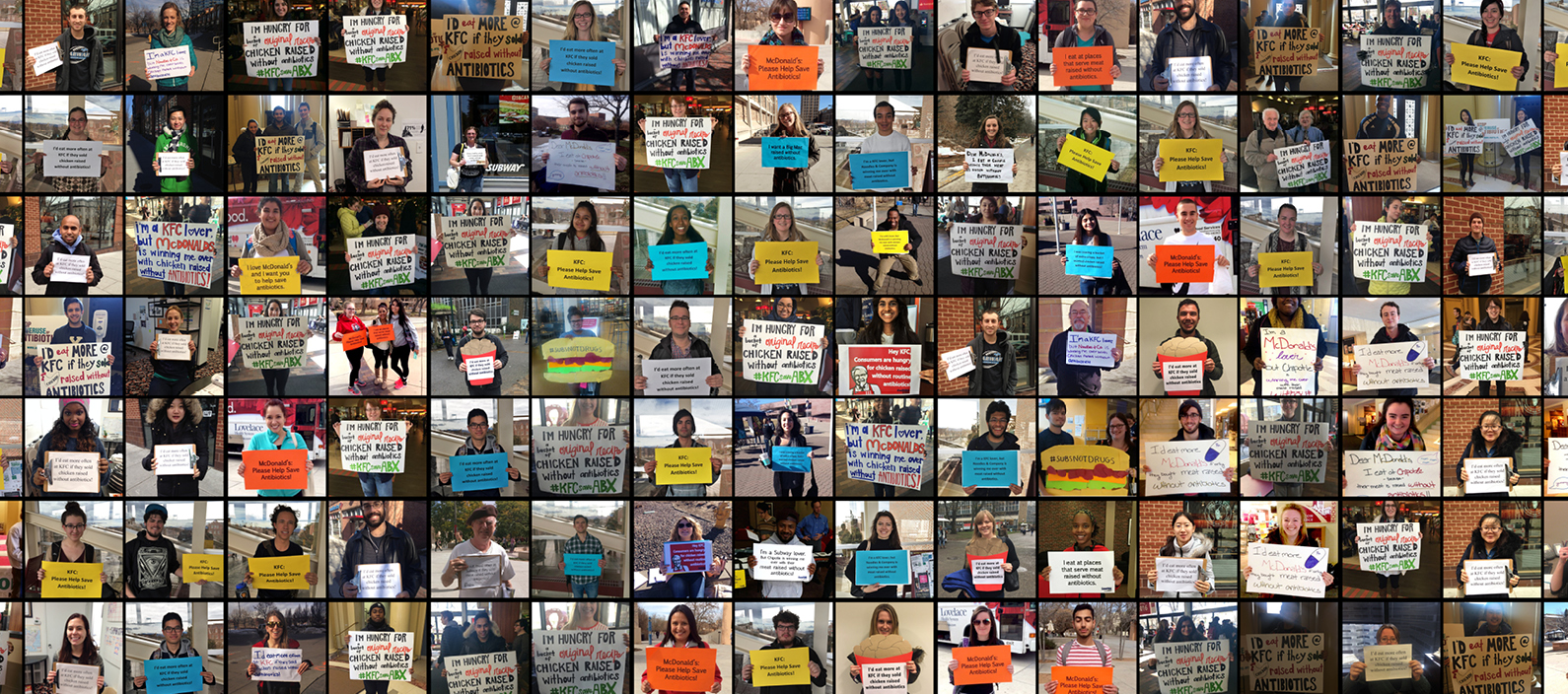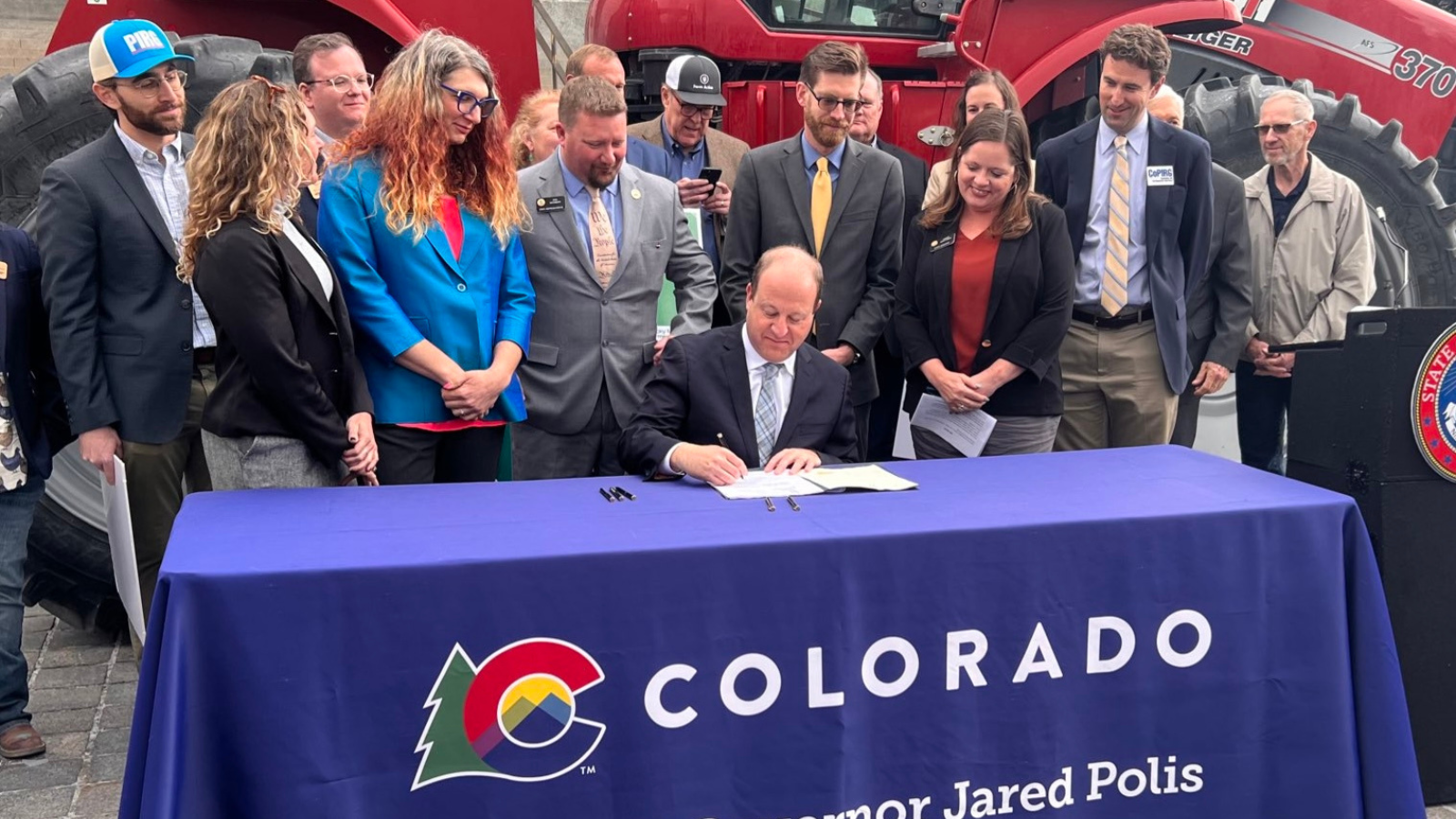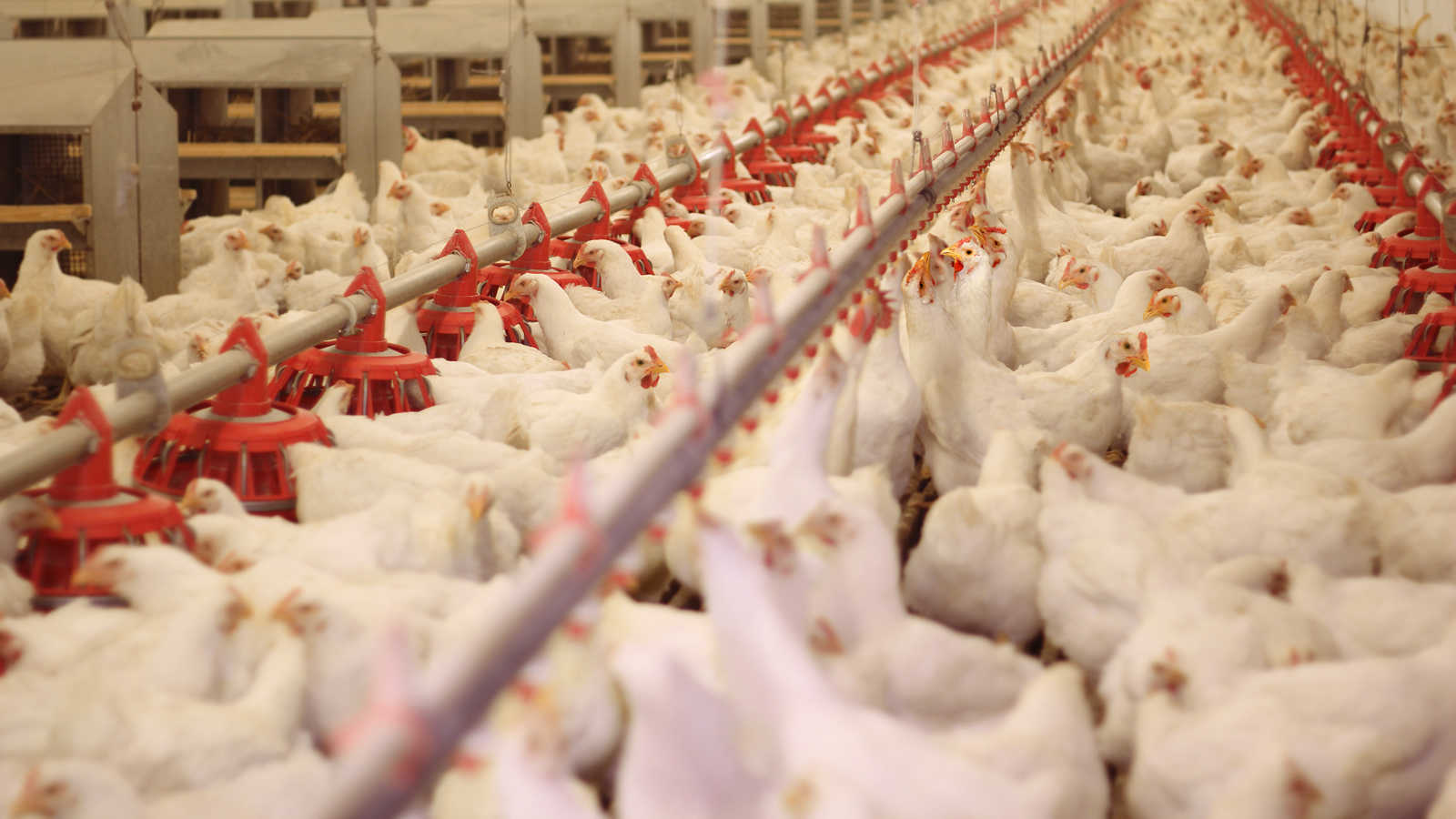
Consumer Demand Leads To Victory For Public Health
Our staff, members and supporters have been working for more than four decades to create a better world.

And in today’s fractured politics, real steps forward are difficult, which makes us especially proud of the part we played in a recent victory for public health.
On April 7, the growing ranks of global health experts who have been alarmed by the rise in antibiotic-resistant “superbugs” gained an unlikely new hero when Kentucky Fried Chicken (KFC), with more than $15 billion in annual sales, announced that by the end of 2018, all chicken purchased by the fast-food giant will be raised without antibiotics important to human medicine.
The victory came after more than a year of organizing by U.S. PIRG and its partners, mobilizing our members, doctors, medical professionals, farmers and the public to convince KFC to take action. It was covered by multiple news outlets including the LA Times, whose story featured U.S. PIRG Antibiotics Program Director Matt Wellington. “The policy change should have lasting effects on the way these life-saving medicines are used in the chicken industry,” said Wellington. “This announcement is a win for anybody who might someday depend on antibiotics to get well or even save their lives—i.e. everybody.”
U.S. PIRG and its partners—including Center for Science in the Public Interest (CSPI), Consumers Union, Food Animal Concerns Trust (FACT), and Natural Resources Defense Council (NRDC)—delivered a letter signed by more than eighty consumer, health, and environmental organizations to Yum! Brands, KFC’s parent company, in January 2016. The letter urged the restaurant company to phase out the routine use of medically important antibiotics in its meat supply chain.
Since then, our coalition has demonstrated widespread consumer support for KFC to make this move, including a delivery of 475,000 petition signatures—10,000 of which came from doctors or other health professionals—to Yum! Brands Headquarters, nearly 5,000 consumer calls into KFC’s customer service line, and hundreds of social media actions directed at KFC (using #KFCsaveABX).
Estimates suggest the company’s newfound commitment could lead to a majority of the U.S. chicken industry no longer raising birds with the routine use of medically important antibiotics—signaling a major shift in prioritizing antibiotic stewardship in chicken production, which will help to preserve these life-saving medicines for when we need them in the future.
Approximately 70 percent of medically important antibiotics sold in the United States are for use on livestock and poultry. The drugs are often given routinely to animals that aren’t sick to promote growth and prevent disease that can be common in crowded, unsanitary conditions. This overuse breeds antibiotic-resistant bacteria, which can spread to people through various pathways. The letter sent to Yum! Brands in January 2016 cited these health concerns as key reasons for the restaurant company to phase out routine antibiotic use in their supply chain.
Although government action at the national level has been slow in the United States, consumer demand is driving the marketplace away from routine antibiotic use. Industry leaders including Subway, Chick-fil-A, Chipotle, McDonald’s and others have made various commitments to eliminate unnecessary antibiotic use from their supply chains. KFC’s commitment is a significant addition to this progress because it could push the U.S. chicken industry over the threshold for better antibiotic stewardship.
A shareholder resolution filed by the non-profit group As You Sow with KFC outlined the business risks involved in companies that are not keeping pace with growing consumer concern around antibiotic overuse. Other shareholder advocates, such as TPIN’s own Green Century Capital Management, have secured antibiotics policies from Starbucks and Jack in the Box in the last several months.
We want to thank all of the doctors and other health professionals, citizen activists and volunteers, and our partner organizations who worked alongside us to win this significant victory for public health. But we still have more work to do as we convince more restaurants, states and the federal government to do what it takes to stop the overuse of antibiotics.
Topics
Find Out More


One step forward, two steps back on overuse of antibiotics in meat production

Colorado farmers win the Right to Repair their tractors

